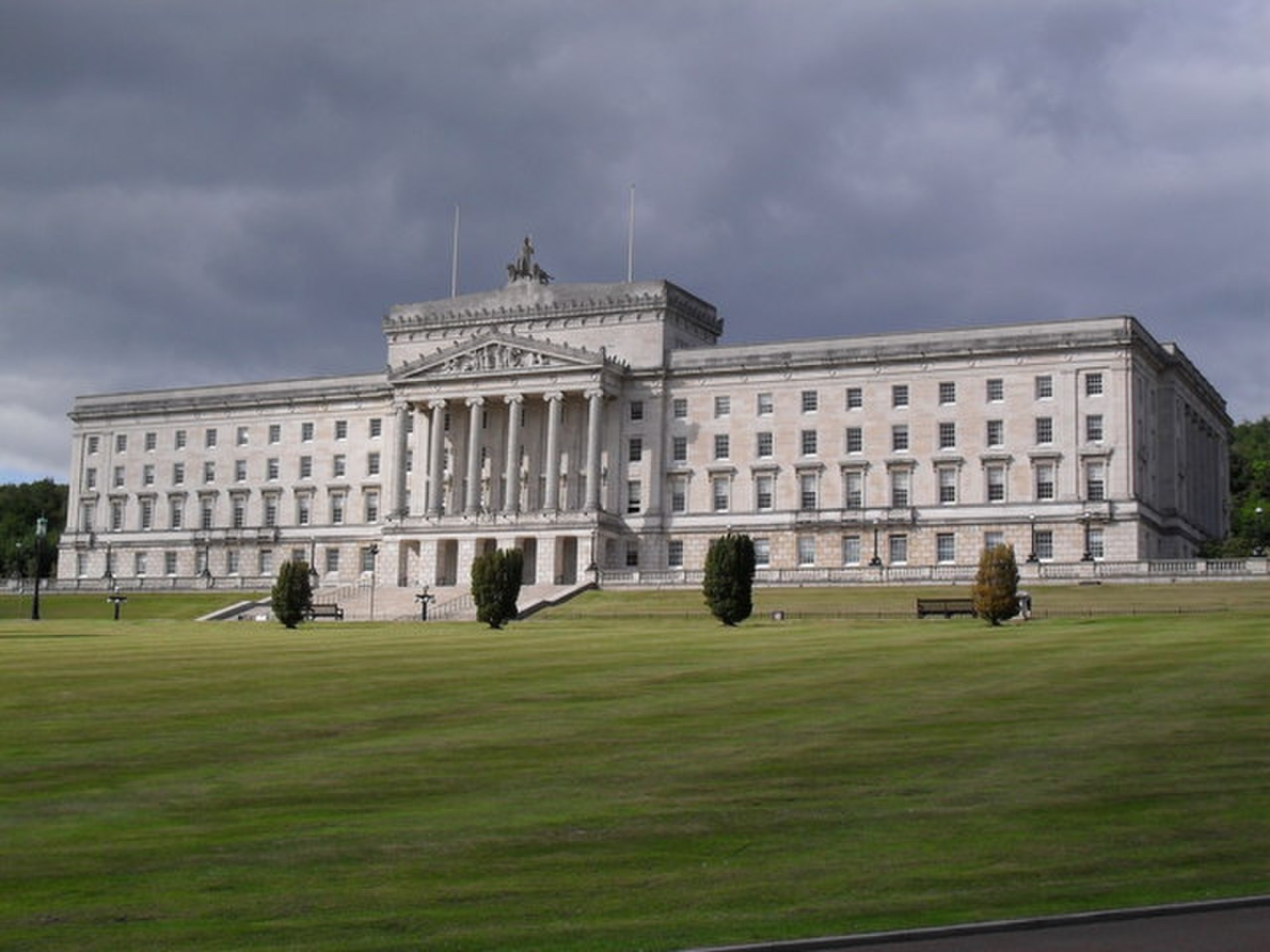Since the Good Friday Agreement in April 1998, Northern Ireland has been led by a power-sharing executive that demands cooperation from both Nationalist and Unionist parties to function. Tension between the parties and a failure to unite is, of course, nothing new. The executive has collapsed before, placing Northern Ireland in the precarious hands of Westminster. The government previously dissolved in 2017 when Sinn Fein refused to sit in the executive following the Renewable Heat Incentive (RHI) scandal and disagreement over legislation for an Irish Language Act. The stalemate went on for three years, and was resolved just days before the then Northern Ireland Secretary Julian Smith was set to call an election. It was during this period that, due to Westminster’s direct rule, same-sex marriage and abortion were legalised in Northern Ireland, after previously being blocked by the Democratic Unionist Party (DUP) through a Petition of Concern veto.
However, unlike the previous collapse, there is no clear solution or way forward for the local Assembly members (MLAs) this time around. The talks have now been passed over to the UK and EU to re-examine the Northern Ireland protocol and its relationship with the Good Friday Agreement. The Northern Ireland executive has been at a stalemate since February 2022, as the DUP continues to protest the Northern Ireland Protocol brought about by Brexit. Following the assembly elections in May 2022, which saw the country’s first-ever nationalist majority, the DUP’s refusal to nominate a deputy first minister proved a significant obstacle to political progress. Due to Northern Ireland’s power-sharing system, the newly elected executive cannot be officially formed and operational until the vacant position is filled.
The Northern Ireland Protocol at the core of this problem was introduced when the UK left the European Union, as the country faced the challenge of introducing border checks with the Republic of Ireland. The new border and how it would operate has been a bone of contention for Northern Ireland since the UK voted to leave the EU in 2016. The very idea of a land border on the island of Ireland was an alarming threat to the Good Friday Agreement and peace in NI. To navigate a way around a “hard” land border, a “border” in the Irish Sea was proposed. This would mean that goods going between Northern Ireland and the rest of the UK could be checked without a physical border on the island of Ireland. However, this protocol, which was implemented post-Brexit, proved unpopular with the DUP, who perceived it as a separation of Northern Ireland and the rest of the UK. The protocol eventually led to the resignation of DUP First Minister, Paul Givan, on 3 Feburary 2022.
The DUP’s refusal to participate in government after the elections prompted the current Northern Ireland Secretary, Chris Heaton-Harris, to announce an official deadline to form the executive before a fresh set of elections would be called. The date was set for 28 October, with Heaton-Harris stating he “cannot be clearer” that failure to meet this deadline, “even by a minute”, would trigger another election. The suspected date the Electoral Office in NI were working towards was December 15. This date had been circulated to the political parties as they prepared for a short campaigning period and electoral staff began liaising with schools to set up polling stations.
The very idea of a land border on the island of Ireland was an alarming threat to the Good Friday Agreement and peace in NI
However, when the deadline passed, Heaton-Harris folded. The secretary backtracked his insistence on an election and instead extended the deadline until, at the time of writing, December 8. This U-turn was accompanied by a 27.5% pay cut for MLAs to remain in place until the government is restored. It comes as a blow to the current Northern Ireland secretary’s credibility, as he retreats behind the DUP and we look towards a spring election. However, there is no guarantee that fresh elections will provide a solution to the complexities of power-sharing or bring about a devolved executive. Without a functioning government, the citizens of Northern Ireland have been left in limbo, with pressing agenda items like the current cost-of-living crisis gone unaddressed.
With the next potential election set for April 13, for now, Northern Ireland is set to commemorate the 25th Anniversary of the Good Friday Agreement without a functioning executive.






